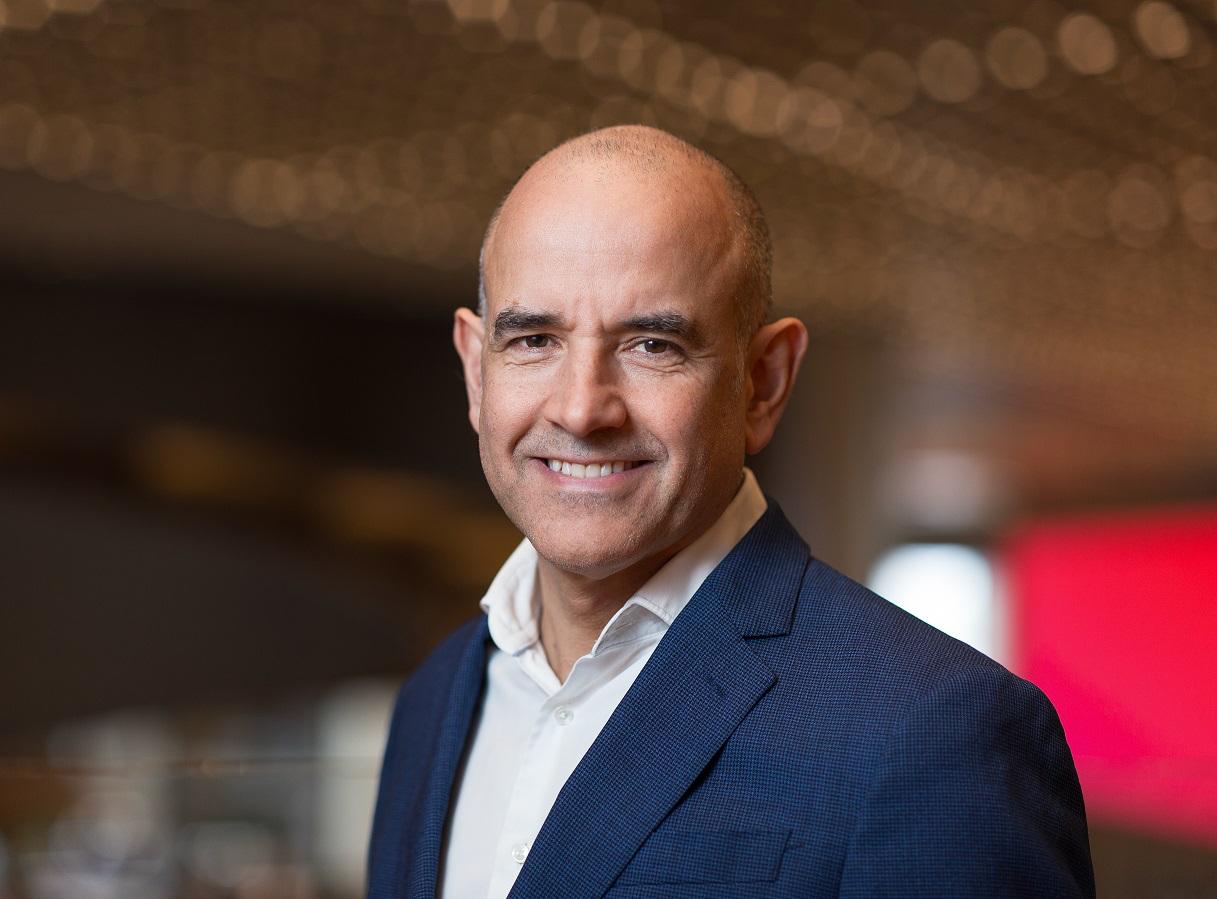 Constantin Cotzias, European Director, Bloomberg LP
Constantin Cotzias, European Director, Bloomberg LP
Reshaping the global financial landscape: How Islamic finance is transcending borders
Islamic finance, with its principles rooted in Sharia law, is a growing force in global markets, rapidly extending its reach beyond the Muslim-majority world. On one side, major Western financial centres — notably London — have seen the revenue potential and are competing to become global hubs for a growing segment. At the same time, established Islamic banking centres, including Dubai, Abu Dhabi, Riyadh, Kuala Lumpur, and Jakarta, are aiming to increase their role in international finance. Leadership in Islamic finance offers a solid platform to achieve their ambition. With such healthy competition increasing both the availability and desirability of Islamic products, such as sukuk bonds, for investors, we can only expect the trade to accelerate.
According to the Islamic Finance Development Report, commissioned by the Islamic Corporation for the Development of the Private Sector in partnership with the London Stock Exchange Group, global Islamic finance industry assets reached USD 4.5 trillion in 2022. That was an 11% increase on the previous year. Bloomberg calculates that the total outstanding Middle East and North Africa (MENA) sukuk value was around USD 850 billion at year-end 2023, up around 10.3%. There is also an emerging trend for ESG-linked sukuk that integrate Islamic and green finance. In the MENA region, volumes increased by 48% year-on-year in the first six months of 2024 to reach $6.2 billion.
It is hardly surprising that non-Islamic investors and the capital markets that serve them have been keen to enter this space. European jurisdictions, in particular, have opened to Islamic finance. Representing the UK, London has emerged as the leading Western gateway for Islamic products – although it faces competition in the Islamic mutual fund market from other players, including Luxemburg, Ireland, the Cayman Islands, and Jersey.
In capital markets, the London Stock Exchange (LSE) listed more than 87 sukuk, with over USD 84 billion outstanding, as of Q2 2024, and the UK government has twice issued sovereign sukuk. The City of London carries such weight that even Abu Dhabi Islamic Bank chose the LSE to list a USD 500 million green sukuk in 2023. Excluding Turkey, the UK accounts for around 85% of total European Islamic banking assets – calculated at USD 7.5 billion in 2021 – placing it far ahead of any other European country, and far ahead of the United States, which held just USD 636 million in the same year.
The UK government has also created clear frameworks for locally operating Islamic banks to align Sharia compliance with UK law and regulatory requirements. This includes a Sharia-compliant alternative liquidity facility, launched by the Bank of England in 2021, which allows greater flexibility in meeting high quality liquid assets requirements without them being in an interest-based environment. A prohibition on charging interest is a defining concept within Islamic finance, and the UK approach uses a ‘wakalah’ or fund-based facility, which is a commonly used model in Islamic finance.
Outside Muslim-majority countries, London is clearly the gateway for Islamic finance to connect with global investors. Despite this, Islamic finance is a very small niche within London’s overall offering to the markets, and London remains a very small component within the total global Islamic finance ecosystem. The UK may account for 85% of European Islamic banking assets, but its global share is just 0.3%. UK Islamic banks hold a mere 0.1% of domestic system assets.
The centre of gravity is very clearly with Muslim-majority countries. The GCC states rank highly in terms of Islamic banking assets held, including Saudi Arabia at number two globally and the UAE at number four. Qatar, Kuwait and Bahrain are also on a top-10 list of countries that accounted for an overwhelming 95% of global Islamic banking assets in 2021.
A challenge, therefore, in pushing Islamic finance deeper into the international mainstream has been that the key markets driving demand cater mainly to local investors, while those that provide access to global capital see Islamic banking as niche. The emergence of increasingly ambitious, substantial, and sophisticated capital markets based in the GCC has the potential to dramatically shift the global balance.
Campaigns encouraging GCC companies to list shares locally rather than abroad, as have been seen in both Saudi Arabia and the UAE, have created explosive growth for regional stock exchanges. In the UAE, the combined market cap of the Dubai Financial Market and Abu Dhabi Securities Exchange grew almost five-times-over between 2015 and 2023, from AED 738.6 billion (USD 201.1 billion) to AED 3.56 trillion (USD 969.2 billion). Much of this growth comes from mega-IPOs for major government-related entities. The strategy seems clear – using vast reserves of state-held assets to drive the rapid development of local capital markets, creating the scale to transform GCC cities, including Dubai, Abu Dhabi, and Riyadh, into globally relevant financial hubs.
If successful, as seems possible if more local shares become available to international buyers, these Middle East cities will have a home-ground advantage in positioning themselves as global centres for Islamic finance – while giving Islamic instruments access to global capital previously only available outside the region. This can only serve to drive demand for Islamic financial products overall, and where demand increases, established financial centres such as London will compete even harder for a slice of the pie.
It's unlikely sukuk will ever displace other financial instruments for non-Muslim markets, but they certainly have the potential to become a more essential and integrated part of global systems. We may be very close to seeing that happen.








